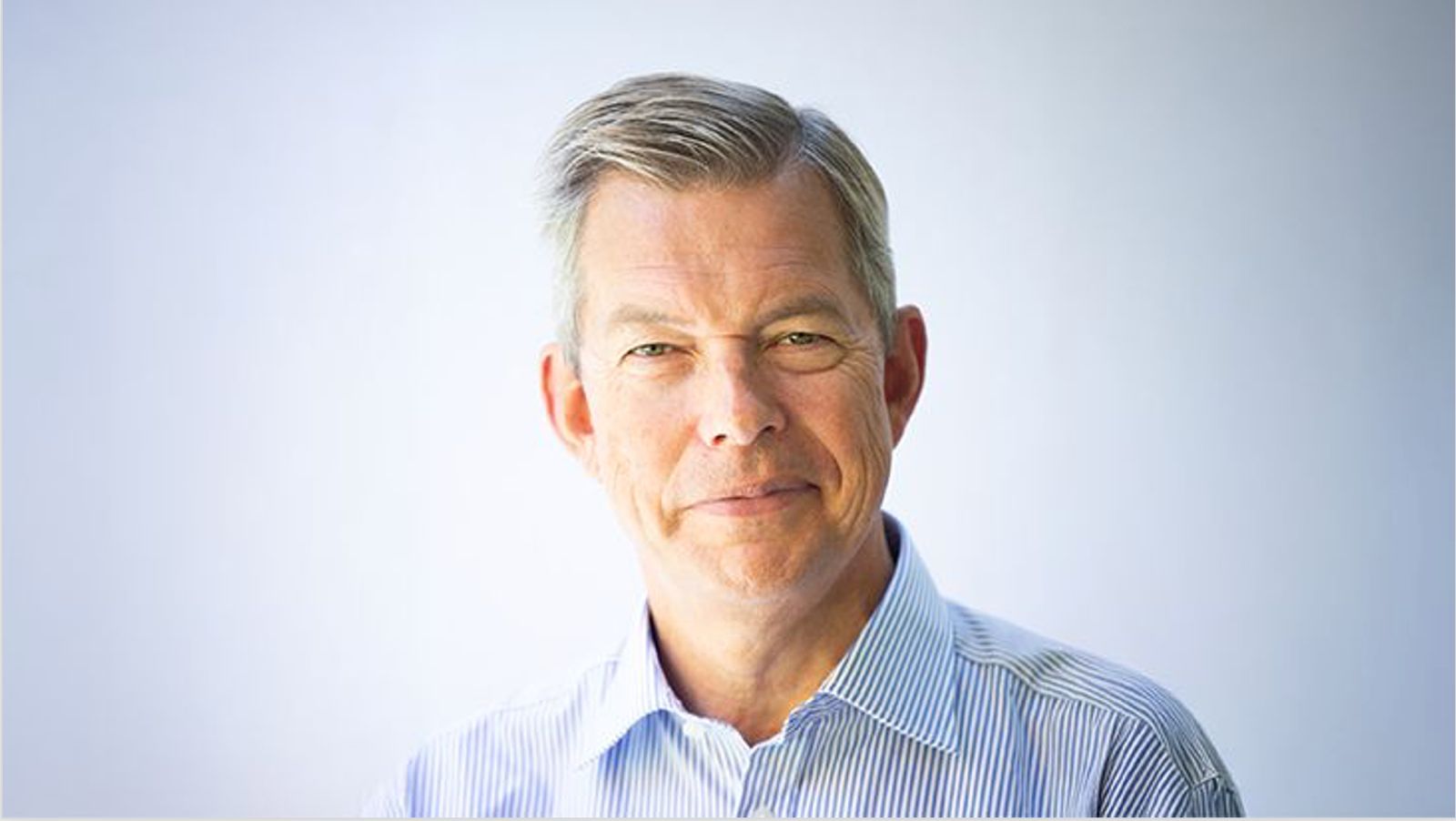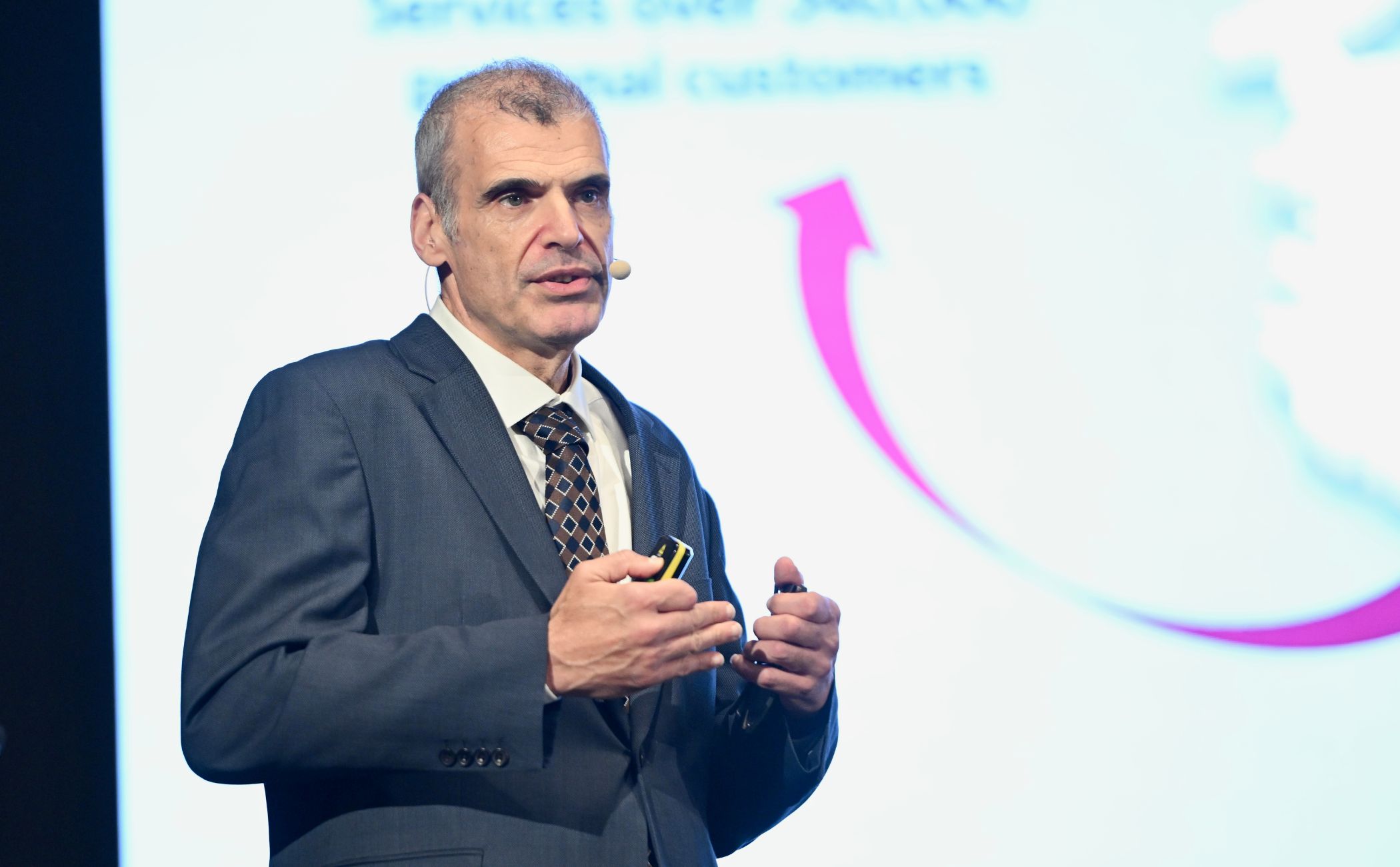A friend of mine, who recently started a new job, often vented to me about one colleague in particular – let’s call him Jim.
Jim, by all accounts, was a nightmare to work with.
He would ask deliberately irritating questions just to provoke or waste people’s time. He’d create confusion right before tight deadlines and plant seeds of doubt in others’ work at the last minute. He’d lie about his progress, banking on the fact that the team was too swamped to double-check him. At times, he even fabricated details about his personal life in an effort to appear more likeable. And to make matters worse, he focused on impressing upper management while quietly undermining the very teammates he relied on.
From everything I heard, Jim sounded insufferable. It became such a recurring theme in our conversations that we made a joke out of it: “In a world where you can be anything, don’t be a Jim.”
My advice to her was always the same: keep your distance from him when you can, stay calm, and take the high road. No matter how many buttons he managed to push, I urged my friend to focus on her own work, protect her peace, and avoid getting drawn into his chaos.
The hidden stories behind difficult behaviours
As the months went by, pieces of Jim’s story began to surface.
His parents had passed away when he was still in his late teens. He was a transgender man, someone who had likely faced more than his share of judgement, exclusion, and the exhausting task of constantly having to explain himself. At one point he was struggling with housing insecurity and facing the threat of eviction.
And suddenly, Jim didn’t seem like the villain anymore. He was just someone trying to stay afloat – doing his best to survive in a world that hadn’t made it easy for him.
Let’s be honest – Jim’s difficult behaviour didn’t just strain working relationships; it also isolated him. Casual after-work drinks happened without him. More often than not, he spent his breaks alone.
I’m no psychologist, but it’s not hard to imagine how this might have added to the edge in Jim’s behaviour.
Do I blame his colleagues? Not entirely. And to be clear, toxic behaviour should never be excused.
But I do believe that if those around him known and understood his story, their interactions, and his experience, might have been far more compassionate. With more kindness and understanding, Jim might have been much easier to work with.
And that is the power of empathy.
The numbers don’t lie
As I learned about Jim’s difficult background, I noticed how I immediately changed my opinion on Jim.
A study from the American National Library of Medicine asked if “histories of painful life experiences affect the expression of empathy” found that empathy increases when people are aware of others’ backstories
A 2021 report from Businessolver, a company specialising in human resources technology, also found that most CEOs think that they are incredibly empathic: “55 per cent of CEOs think they lead empathy at work, but only 28 per cent of employees and 22 per cent of HR share that view.”
At the same time, the report found that 63 per cent of CEOs admit it’s challenging to consistently show empathy in their role.
Those are significant numbers – and with someone like Jim on the team, it’s hard to blame anyone, even his managers, for feeling frustrated.
Still, I think it’s worth taking a moment before declaring, “Jim is a terrible person.” The truth is, we don’t really know that. Maybe he’s underperforming. Maybe he’s making your job harder. But we can’t fully understand someone based only on how they show up at work – especially if we know nothing about what they’re carrying outside of it.
Empathy is a skill
Contrary to popular belief, empathy isn’t something you’re simply born with. While some people may be naturally more attuned to others’ emotions, empathy is a skill — and like any skill, it can be learned, strengthened, and practiced over time.
Here are three simple but powerful ways to build empathy in everyday work life:
- Approach situations with curiosity, not judgement
When we choose curiosity over frustration, something shifts. Instead of jumping to conclusions, you pause and ask: What else might be going on here? This mindset allows us to explore the full picture without reacting emotionally. Often, it’s in those calmer, more open moments that we uncover insights we would’ve missed in the heat of irritation.
- Truly listen
Most of us, if we’re honest, listen just enough to plan our reply. But empathy requires deeper listening, the kind where we’re fully present. Ask questions like, How did that make you feel? or What was the hardest part for you? You’ll be amazed at what you pick up when you stop filling in the blanks and start genuinely listening. You might even discover that parts of their experience resonate with your own – and when they do, don’t be afraid to share that.
- Challenge yourself
It’s natural to gravitate toward colleagues who think like us or share our interests. But meaningful empathy is often built in the unfamiliar. Challenge yourself to connect with team members you don’t usually engage with. You might discover new perspectives, untold stories, or common ground where you least expect it.
A gift to ourselves
We often think of empathy as something we extend outward – a gift to others. But what we sometimes forget is how much it gives back to us. It helps us become more thoughtful colleagues, stronger leaders, and better humans. It opens us up to new ideas, deeper relationships, and unexpected opportunities.
Empathy has a place everywhere – in customer conversations, team meetings, performance reviews, and even in how we treat the most challenging people in our workplace.
Yes, even our very own Jim.
Alison Micallef takes on CEO duties at Malta Development Bank
The news comes as Paul V. Azzopardi, who led the institution for five years, retires.
Moneybase strengthens board with appointment of banking veteran, Mark Watkinson
He brings nearly four decades of experience in the financial services sector including serving as CEO of HSBC Malta Ltd.
‘Our commitment remains steadfast’ – BOV Chairperson Gordon Cordina
He stresses that BOV’s future growth will be supported by ambitious digitalisation efforts, robust risk and compliance integration, and the ...
STMicroelectronics’ Anton Hofmeister highlights new phase of Singapore lab-in-fab collaboration
The initiative focuses on developing environmentally friendly, lead-free piezoelectric materials and creating miniaturised, cost-effective sensors and actuators.









